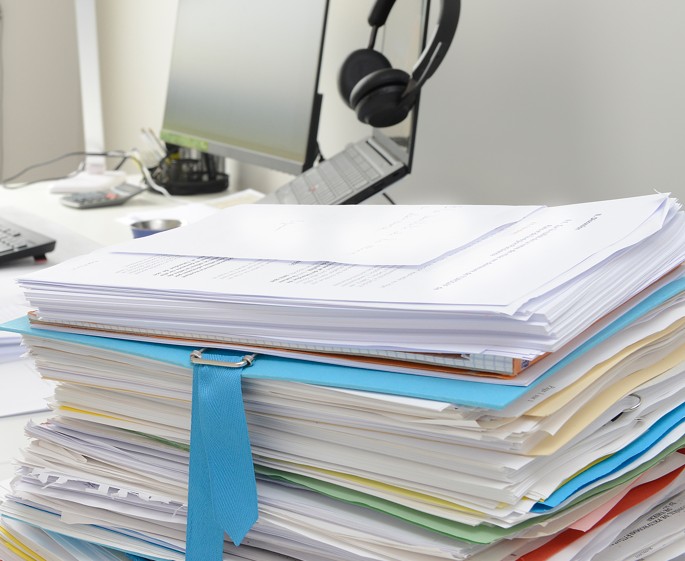
Set up a
Amicable Recovery
The amicable collection procedure involves negotiations with the debtor, with the aim of obtaining voluntary payment of the debt.
The advantage of this procedure is that it preserves the commercial relationship between the parties.
In this sense, negotiations must be conducted intelligently. The idea is to take a firm stance in order to obtain payment of the debt, while at the same time being conciliatory to a certain extent, to preserve the commercial relationship and the company’s image.
It is in response to this ambivalence that the use of a lawyer offers a definite advantage, as he or she is familiar with the habits and customs of negotiation.


The dunning letter
In order to maintain a stable commercial relationship with your co-contractor, it is preferable to try a first approach by telephone, to clear up any payment oversights.
In practice, it is sometimes necessary to make several reminders: first by telephone, then by e-mail, then by post. It’s best to allow 15 days between reminders.
If no payment is received after initial contact, a reminder letter should be sent.
The purpose of this letter is simply to remind the debtor of the existence of the debt, without entering into a direct confrontation with the debtor. At this stage, there is no need to discuss the possibility of legal recourse.
The dunning letter must contain certain essential elements, such as the creditor’s contact details, the invoice number, amount and due date, as well as details of the means of payment.
Formal notice
The letter of formal notice gives the debtor a final deadline to settle the debt, failing which the creditor will be entitled to take legal action against him.
The formal notice is the first act in the collection procedure to have legal consequences:
- The date of the formal notice starts the period for calculating interest on arrears.
- It also provides evidence of an attempt to resolve the dispute amicably.
- A formal notice is also a prerequisite for taking certain actions, such as terminating a contract or applying for an injunction to pay.
Although the law does not impose any formalities, it is advisable to send the formal notice by registered mail with acknowledgement of receipt, for evidentiary purposes.
Other amicable methods :
- Setting up a payment schedule A payment schedule, which enables the creditor to recover payment of the debt while taking into account the debtor’s ability to pay. Staggered payments are better than no payments at all.
- Exercise of the right of retention Under certain conditions, the creditor can retain the debtor’s property until the debt has been paid in full. This right of retention can therefore be invoked even in the event of partial payment.
- Simplified collection procedure for small claims under €5,000 Simplified collection procedure for small claims of less than €5,000: the creditor can ask a court commissioner to send the debtor a registered letter with acknowledgement of receipt inviting him to take part in this procedure. If accepted, the creditor and debtor agree on the amount and terms of payment of the debt. A writ of execution is then issued by the court commissioner to the creditor, enabling the latter to enforce payment if the debtor fails to comply voluntarily.

Contact us
To enable us to send you a quotation, please send us a brief summary of the situation, together with the unpaid invoice(s).
We'll be sure to get back to you.




